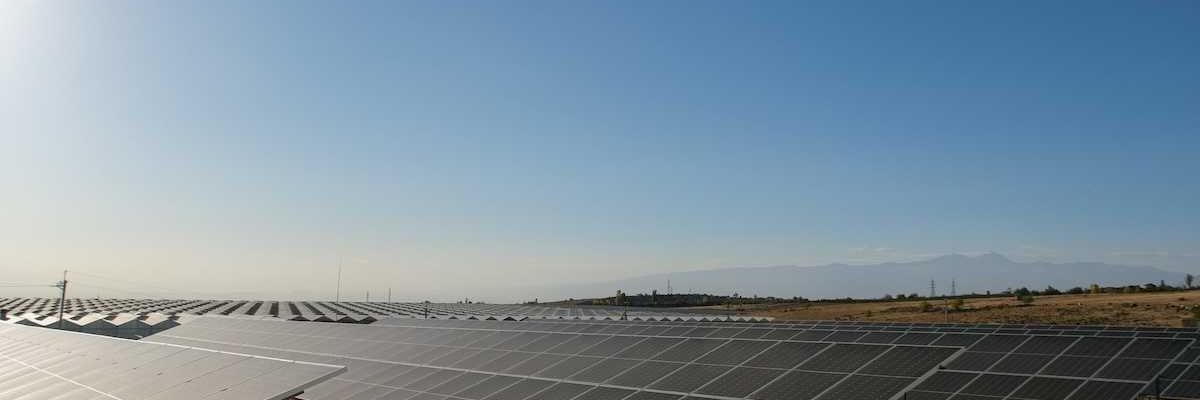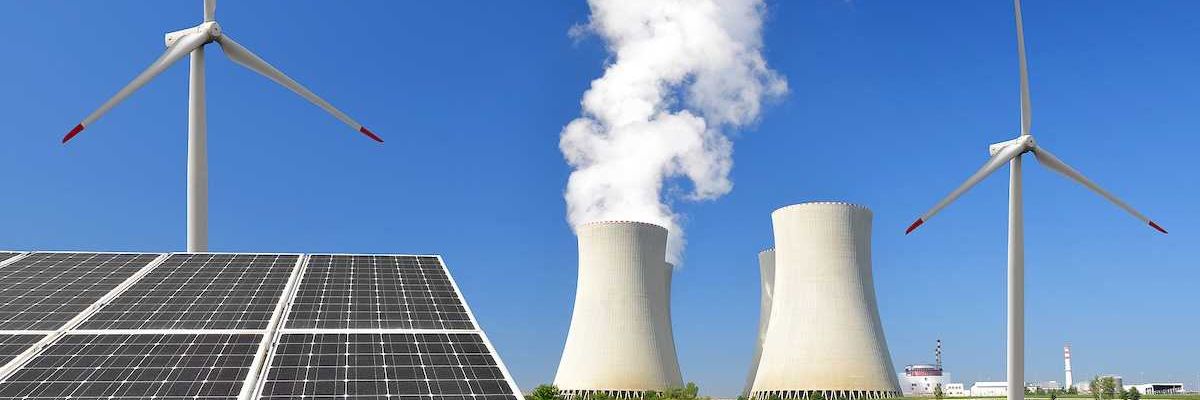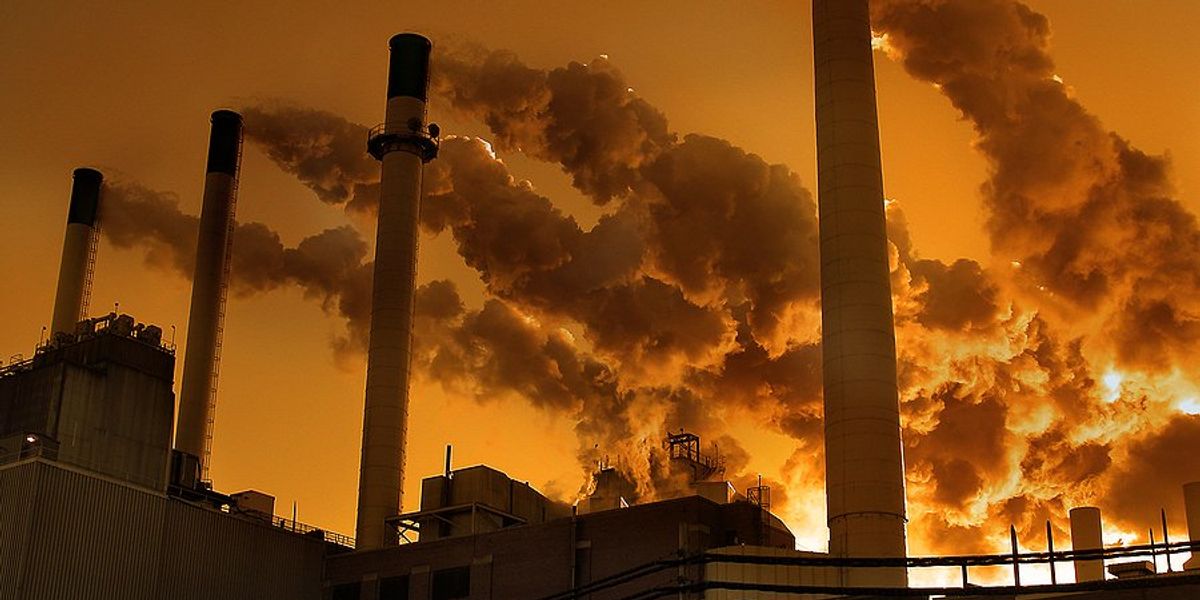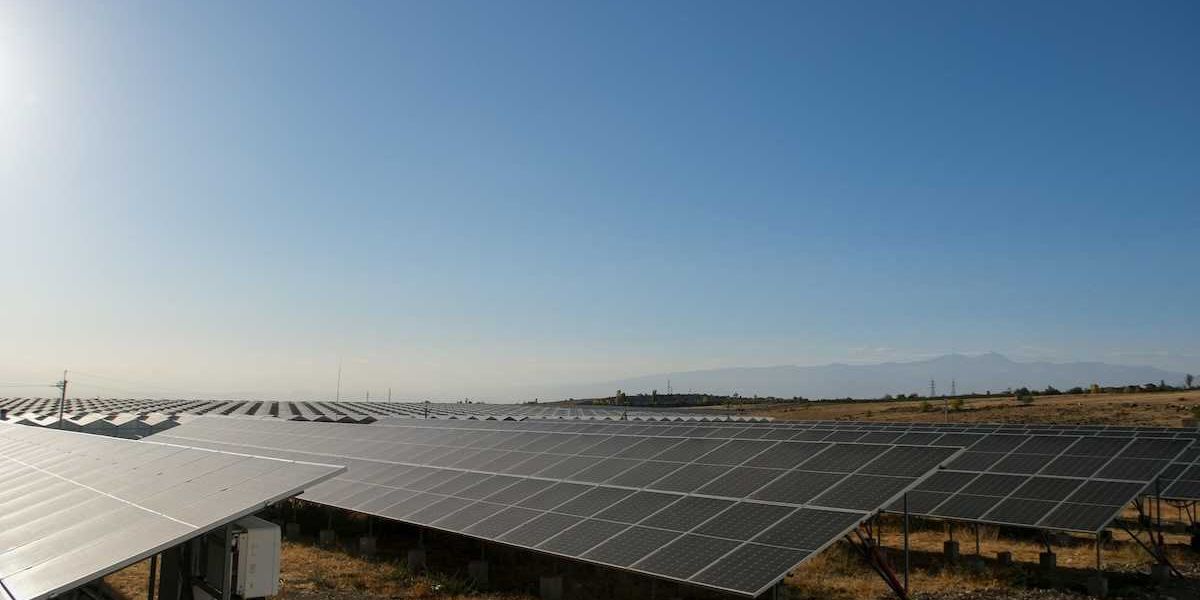nuclear fusion
Delays and cost overruns challenge nuclear fusion project
The International Thermonuclear Experimental Reactor, a multinational project aimed at creating a clean energy source through nuclear fusion, faces significant delays and cost overruns, jeopardizing its future.
In short:
- The International Thermonuclear Experimental Reactor (Iter), initially projected to produce energy by 2020, has faced delays due to COVID-19, cost overruns and design changes, with completion now pushed to 2039.
- Critics warn that Iter, now costing over $25 billion, risks falling behind private companies pursuing faster fusion solutions.
- Researchers remain hopeful about Iter's potential, particularly in generating tritium, essential for fusion, despite its challenges.
Key quote:
"The trouble is that Iter has been going on for such a long time, and suffered so many delays, that the rest of the world has moved on."
— Robbie Scott, UK Science and Technology Facilities Council
Why this matters:
Nuclear fusion holds the promise of providing a virtually limitless and clean energy source, which could significantly impact global energy sustainability. However, if Iter fails to meet its goals, the project's credibility and future funding could be at risk, potentially slowing progress in fusion research.
Fusion energy gains momentum in Congress, sparking bipartisan interest
Congress shows a unified front in backing fusion energy, aiming to integrate this zero-carbon source into the national energy strategy within a decade.
In short:
- Congressional leaders from both parties rally around fusion energy, advocating for increased federal funding to achieve commercial viability.
- Recent breakthroughs have bolstered confidence in fusion's potential, with bipartisan support growing across ideological divides in Congress.
- Legislation efforts focus on ensuring fusion projects are not regulated like nuclear reactors, emphasizing the technology's safety and non-waste producing benefits.
Key quote:
“There aren’t a lot of truly bipartisan things on the Hill. We have to make sure that we are supporting the science and the engineering to overcome skepticism. My goal someday is to have the Fusion Caucus be the largest caucus on the Hill.”
— Rep. Don Beyer (D-Va.), Fusion Caucus co-chair.
Why this matters:
Fusion energy represents an advance in tackling climate change, offering an abundant energy source that could dramatically reduce carbon emissions.
The challenge of fusion power
Scientists have been chasing the dream of harnessing the reactions that power the Sun since the dawn of the atomic era. Interest, and investment, in the carbon-free energy source is heating up.









